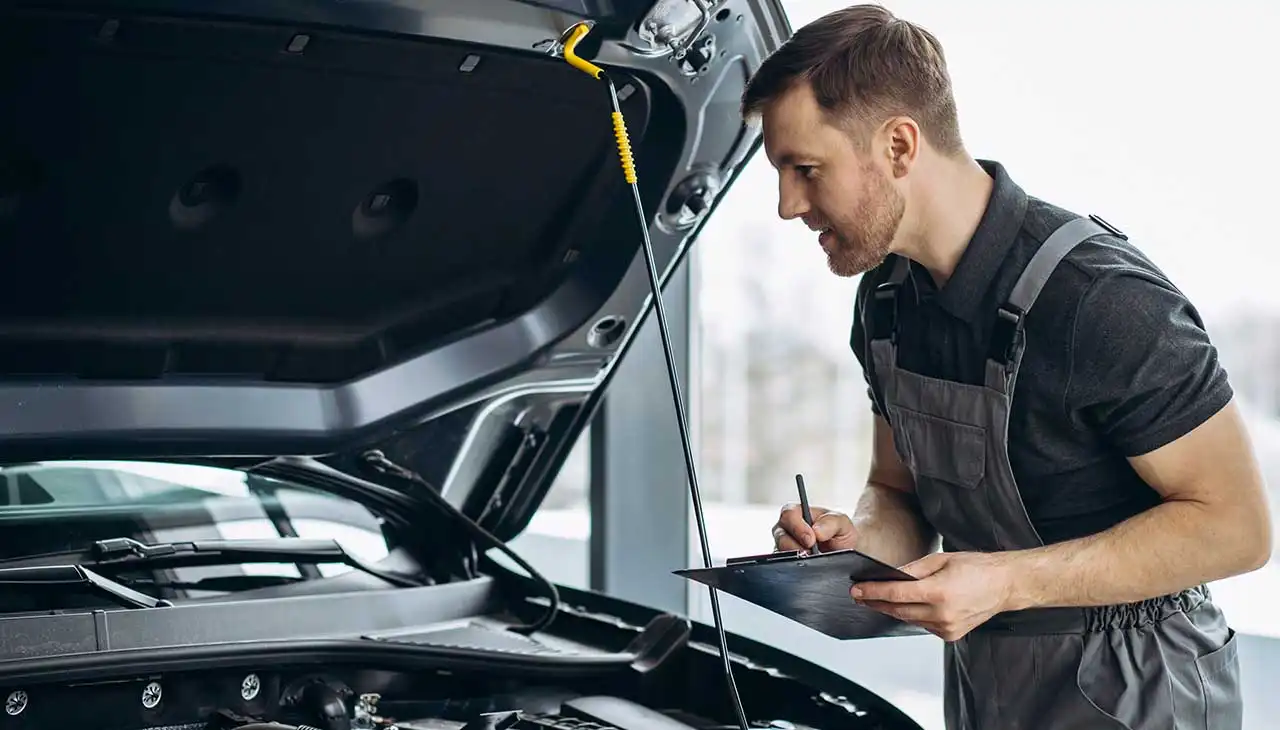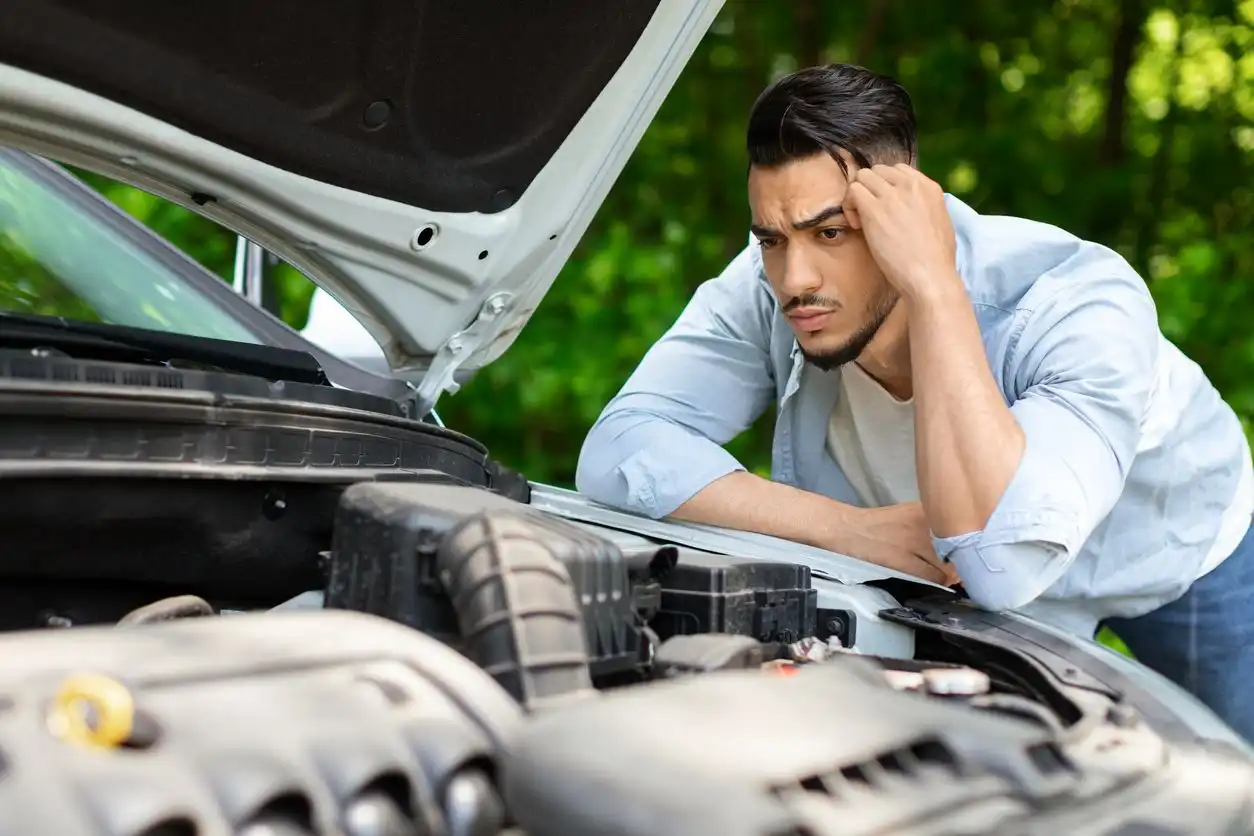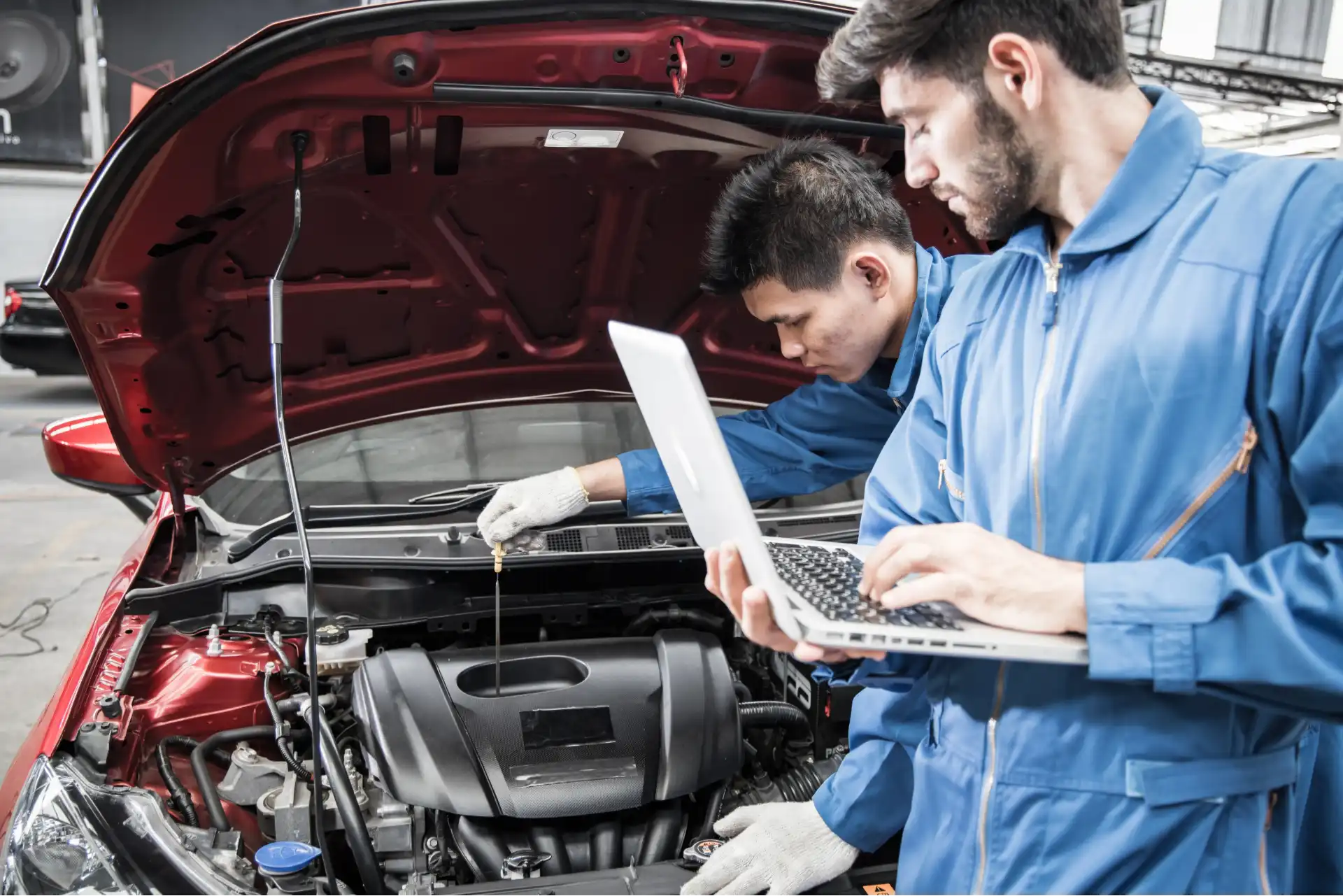Your car’s engine is the heart of the vehicle, responsible for making everything run smoothly. Regular engine maintenance is key to ensuring your car performs at its best, improves fuel efficiency, and prolongs its lifespan. However, many car owners overlook engine maintenance or only address problems when they become too big to ignore.
In this ultimate guide, we’ll cover the essential tips and tricks for maintaining your car’s engine, from routine inspections to more advanced tasks. By following these simple yet effective steps, you can keep your engine in top shape and avoid costly repairs in the future.
1. Regular Oil Changes: The Lifeblood of Your Engine
Why It’s Important:
Oil is essential for lubricating the engine parts, reducing friction, and ensuring smooth operation. Over time, engine oil breaks down and becomes contaminated, losing its effectiveness.
How Often to Change Oil:
Most manufacturers recommend changing your engine oil every 3,000 to 7,500 miles, but check your car’s manual for specific recommendations. If you frequently drive in stop-and-go traffic or tow heavy loads, more frequent oil changes may be necessary.
Pro Tips:
-
Use high-quality oil suited for your car’s engine type.
-
Don’t ignore the oil filter; replacing it with every oil change ensures optimal performance.
-
Keep track of your oil change schedule to avoid missing any crucial maintenance.
2. Check and Replace the Air Filter
Why It’s Important:
The air filter plays a vital role in protecting your engine from dust, dirt, and debris that can cause wear and tear. A clogged air filter restricts airflow to the engine, which can reduce fuel efficiency and performance.
How Often to Replace:
Replace your air filter every 12,000 to 15,000 miles, or more frequently if you drive in dusty or dirty conditions.
Pro Tips:
-
Inspect the air filter at least every 6 months, especially if you live in areas with high pollution or rough terrains.
-
Replacing an old, clogged air filter can improve fuel economy and engine performance.
3. Monitor Coolant Levels
Why It’s Important:
Coolant (or antifreeze) helps regulate your engine’s temperature and prevents it from overheating. Without the proper coolant level, your engine can overheat, leading to serious damage.
How Often to Check:
Check your coolant level at least once a month and top it off as necessary.
Pro Tips:
-
Always use the type of coolant recommended in your owner’s manual.
-
If you notice that the coolant level drops significantly, it could indicate a leak in the system that needs professional attention.
4. Inspect Belts and Hoses Regularly
Why It’s Important:
Your engine relies on belts and hoses to keep vital systems running, including the alternator, power steering, and air conditioning. Worn-out belts or hoses can cause these systems to fail, or even worse, lead to engine overheating.
How Often to Inspect:
Inspect belts and hoses every 6,000 miles or during routine oil changes. Look for cracks, fraying, or signs of wear.
Pro Tips:
-
Replace any belts or hoses showing signs of damage to avoid unexpected breakdowns.
-
Pay attention to the tension of the serpentine belt, as a loose belt can cause inefficiency in engine operations.
5. Keep Your Fuel System Clean
Why It’s Important:
Over time, carbon and other debris can build up in your fuel injectors, leading to poor fuel efficiency, rough idling, or engine misfires. A clean fuel system helps optimize engine performance and keeps it running smoothly.
How Often to Clean:
Fuel system cleaning should be done every 30,000 miles, or as needed, depending on your vehicle’s performance.
Pro Tips:
-
Use fuel system cleaner additives to clean injectors and remove carbon build-up.
-
Consider having the fuel injectors professionally cleaned if you’re experiencing issues like reduced acceleration or poor fuel efficiency.
6. Replace the Spark Plugs
Why It’s Important:
Spark plugs ignite the fuel-air mixture in your engine’s cylinders, and over time, they can become worn or fouled. Worn-out spark plugs can lead to poor engine performance, rough idling, and increased fuel consumption.
How Often to Replace:
Replace spark plugs every 30,000 to 100,000 miles, depending on your vehicle and the type of spark plugs used.
Pro Tips:
-
When replacing spark plugs, make sure they are properly gapped and installed correctly.
-
If your car is misfiring or experiencing rough idle, the spark plugs could be the culprit.
7. Check and Maintain Battery Health
Why It’s Important:
A well-maintained battery is crucial for starting your car and powering electrical systems. Over time, corrosion can build up around the battery terminals, or the battery can lose charge capacity.
How Often to Check:
Check the battery every 3 months, especially before extreme weather conditions, as both hot and cold temperatures can affect battery performance.
Pro Tips:
-
Clean battery terminals with a mixture of baking soda and water if you notice corrosion.
-
If your battery is over 3 years old and showing signs of weak charge, consider replacing it to avoid sudden failures.
8. Monitor Engine Performance and Use Diagnostics
Why It’s Important:
Modern vehicles have built-in diagnostic systems that can detect issues within the engine, such as misfires, sensor malfunctions, and other performance-related problems.
How Often to Use Diagnostics:
If you notice any abnormal behavior in your engine (rough idling, decreased performance, or strange noises), it’s a good idea to run a diagnostic check.
Pro Tips:
-
Many auto repair shops offer free diagnostic checks.
-
Use an OBD-II scanner if you want to perform basic diagnostics on your own.
9. Pay Attention to Exhaust System Maintenance
Why It’s Important:
The exhaust system helps reduce emissions, improve fuel efficiency, and direct harmful gases away from the engine. A damaged or clogged exhaust system can lead to engine problems and decreased performance.
How Often to Inspect:
Have your exhaust system checked regularly, especially if you notice unusual noises, reduced engine performance, or the smell of exhaust fumes inside the car.
Pro Tips:
-
Replace exhaust components as necessary to prevent leaks and ensure the system functions properly.
-
A failing catalytic converter can lead to poor engine performance and should be replaced immediately.
Conclusion
Maintaining your car’s engine is essential for optimal performance, fuel efficiency, and longevity. By following these tips and sticking to a regular maintenance schedule, you can prevent costly repairs and keep your vehicle running smoothly for years to come. Whether it’s checking oil levels, inspecting belts and hoses, or replacing spark plugs, taking the time to care for your engine will pay off in the long run.
Remember, if you’re unsure about any aspect of engine maintenance or need professional help, always consult a trusted mechanic. Regular engine checkups can save you from dealing with major repairs down the road.




